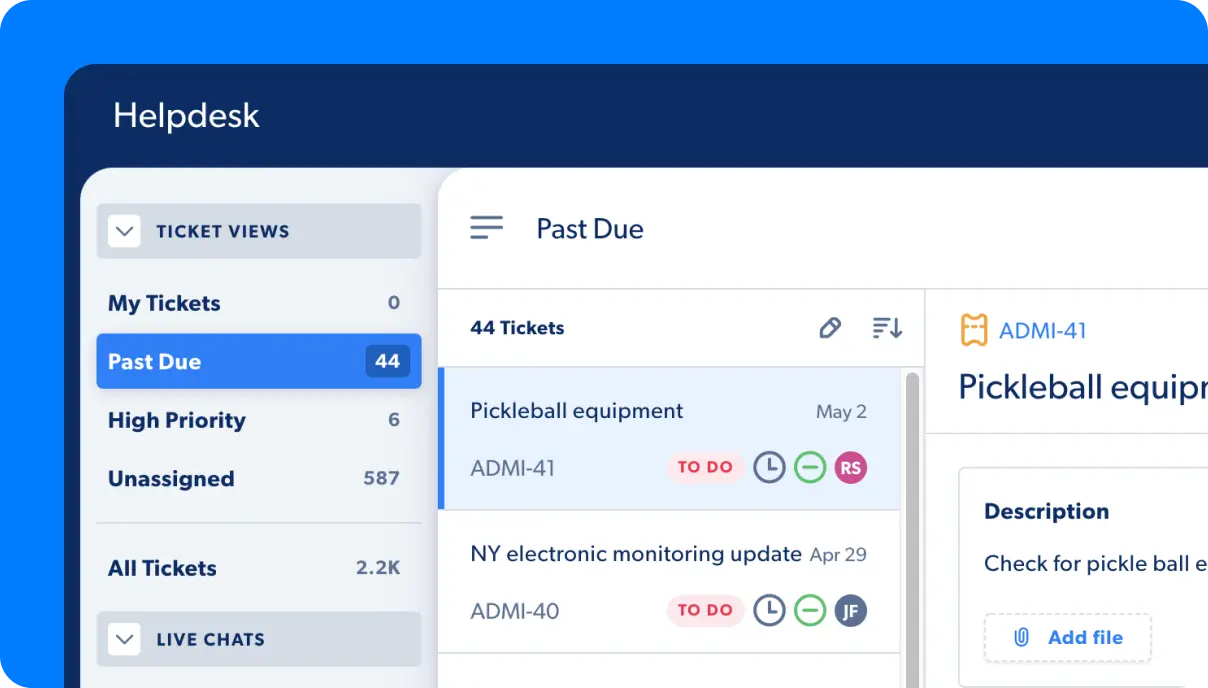Capacity is a new kind of helpdesk, powered by artificial intelligence, that automates support for your customers and employees. By utilizing the Capacity conversational AI chatbot, you can increase customer satisfaction and employee productivity, and enable your team to do their best work.
It’s important for your team to work as a cohesive unit to do its best work, too. At Capacity, we work differently than most organizations, and I believe it’s because of the way we collaborate with one another. This article will cover five effective ways to increase your team’s productivity, based on personal experience. I hope you find these tips useful in your quest to increase your team’s productivity!
1. Celebrate small victories.
Everyone wants to feel valued. Just as you want your manager to notice the extra hours you’ve put in to make a project a success, your team wants to be noticed and recognized as well. When it comes to recognition, it is important to be timely.
At Capacity, we use Slack as a collaboration tool, and we have a shoutout channel to recognize our team members going above and beyond. We also have a bellringer channel to celebrate larger victories, such as signing on a new customer. It helps employee morale to see other team members getting recognized publicly, and it allows everyone at the company to be in the loop on new developments.
Pro Tip: You can access Capacity through Slack! Just talk to Capacity like you would a co-worker, and get all of the info you need without interrupting someone else’s flow.
2. Set your team up for success.
It’s very important to clearly communicate goals at the beginning of each quarter so that every team member knows what they’re working towards. Then, it’s crucial to break down goals into smaller parts, so everyone feels empowered and motivated to work hard towards each milestone.
At Capacity, we use Jira for project management. We work in 2-week sprints, and I enter my team’s tasks into Jira before the start of each sprint. Then, I meet with each team member individually to make sure each task is clear. The Content Marketing Team meets mid-sprint to discuss progress and roadblocks, and to reprioritize tickets as needed. If we know a project is on hold, we can shuffle around tickets. Communication and collaboration are two key ingredients to a team’s success.
3. Understand strengths and weaknesses.
In order to set your team up for success, it is crucial to make sure that your team members are capable of doing the tasks you’re assigning them. For instance, if you have a writer on your team, what do they excel at? Are they great at blogging? Do they write inspiring long-form content? Do they excel at SEO? Once you determine what they’re good at (and what they like to do), you can identify gaps on your team.
It can be beneficial to hire freelancers to fill these gaps. At Capacity, we use Upwork to find freelance talent. The team feels a burden lifted off their shoulders when they know you are counting on them for results they can actually deliver, and your organization can hire short-term freelance assistance to get through special projects that require additional talent.
4. Cross-train your team.
Another way to increase your team’s productivity is to cross-train your team. Many team members enjoy expanding their skillset. If someone is on PTO, another team member can easily cover for them if they’re properly trained, and projects will not be delayed.
At Capacity, we recently cross-trained our Sr. Designer to help with social media planning. She was happy to take on a new responsibility, and it’s been helpful to other team members to have someone else who can help out.
5. Lead by example.
A final way to increase your team’s productivity is to lead by example. As a manager, it is important to communicate often with your team and be available to answer questions and offer clarity. As a leader, you should be dependable, trustworthy, and motivational. But, you should also be aware of what you’re assigning your team, how many meetings your team members are participating in each week, and how much they can actually accomplish in a week.
Like most companies, we have lots of meetings. If you read part 2 of the productivity hacks series, you’d know that our team has stopped scheduling meetings on Fridays, and we now use Fridays as a “focus day” to wrap up projects before the weekend begins. This was a decision made by our CRO, and he blocked time on his calendar on Fridays to say “Focus Time: Ask before scheduling a meeting.” The rest of the team followed suit, and we haven’t looked back.
Conclusion.
At Capacity, we practice what we preach. Our platform helps teams work more efficiently by automating support and providing answers to your team member’s questions 24/7. No more roadblocks and waiting around for someone to get back to you with the information you need to move forward.










































